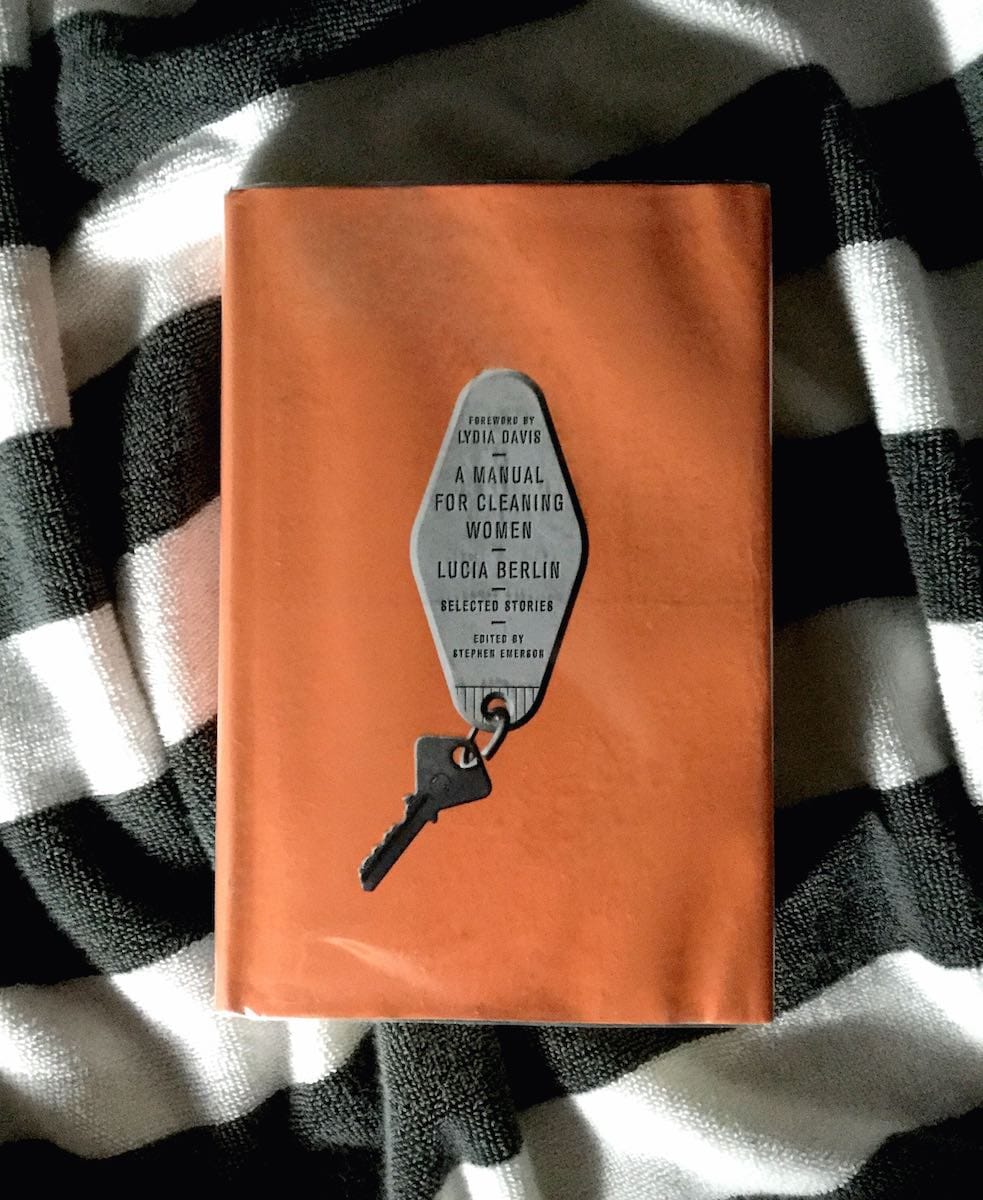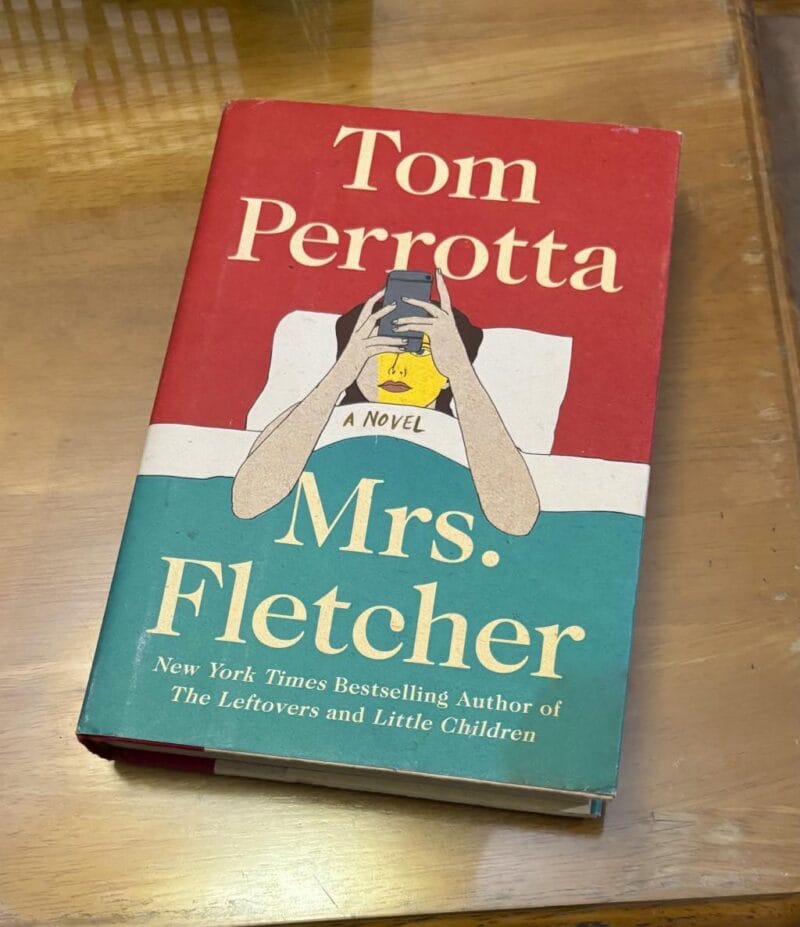Lucia Berlin’s A Manual for Cleaning Women isn’t your typical cleaning guide or a manual in the conventional sense. Instead, it’s a compilation of 43 short stories, beautifully interwoven with threads of real life, vivid characters, and Berlin’s unique way of seeing the world. This collection brings to light Berlin’s talent as a writer and her incredible gift for turning ordinary experiences into poignant and meaningful narratives.
The title hints at a theme prevalent throughout the stories: the often overlooked lives of working women. Through the lens of a cleaning woman, Berlin unravels tales of perseverance, resilience, and the quiet dignity that comes from doing one’s job with pride, regardless of its societal standing.
The stories in this collection are grounded in the harsh and brutal realities of everyday life. Relationship dynamics, emotional complexity, and daily hardships are all traversed, cross-examined, and dissected. Berlin paints a vivid portrait of humanity in all its flaws, from the struggles of working-class women to moments of profound self-reflection.
Several of the stories here are evident reflections of Berlin’s own life experiences. Readers get a glimpse of the world through her eyes, from her travels to Chile, New Mexico, and California to her struggles with alcoholism. Because she incorporates her personal experiences, her stories become more interesting and realistic, adding depth and authenticity to her narratives.
Berlin’s distinct storytelling style is one of her stories’ most distinguishing characteristics. She employs wit, humor, and keen observation in presenting her stories that are as thought-provoking as they are engaging. Berlin’s writing is both economical and lush, revealing life’s profundities in seemingly mundane moments.
Rediscovering Lucia Berlin
In the literary world, Berlin’s work remained under the radar during her lifetime; only recently has it received the respect and acclaim it rightfully deserves. She is frequently referred to as one of the finest authors you’ve never heard of. For much of her life, she remained an obscure figure in literary circles, her genius overshadowed by more mainstream authors. But the beauty of literature is its ability to rediscover voices that were, for whatever reason, neglected in their time.
Berlin published her first short story in 1960 and continued to write for the next three decades. Even though she produced a sizable body of work, major anthologies did not include her, and she was only published in small literary magazines. Though her stories were always powerful, they didn’t make significant waves in the broader literary community during her lifetime.
Berlin’s renaissance began after her death in 2004, when a new generation of readers and writers started discovering and appreciating her work. The 2015 publication of A Manual for Cleaning Women by Farrar, Straus and Giroux played a pivotal role in this rediscovery. The anthology quickly garnered critical acclaim, with many critics and readers praising Berlin’s incisive storytelling and her keen observations of the human condition.
Why Was Berlin Overlooked?
There are numerous theories about why Berlin’s work didn’t gain the recognition it deserved earlier. Some point to the themes she explored—often focusing on the fringes of society, on characters that mainstream readers might have found difficult to relate to in previous decades. Others believe that her intermittent publishing schedule and her personal struggles may have played a role in her lack of widespread acclaim.
Berlin’s attention to authenticity in her narrative could possibly have also played a role. She wrote extensively about her personal experiences, such as her struggles with alcoholism and being a single mother. Her stories were raw and honest, yet they were sometimes uncomfortable. Berlin’s commitment to truth could have restricted her audience during a time when most readers preferred more polished and sanitized stories.
Today, Berlin’s work stands as a testament to her remarkable talent. As more people delve into her stories, there’s a growing recognition of her contribution to American literature. Universities and book clubs are increasingly introducing her writings into their curricula and discussions, ensuring that the legacy of Lucia Berlin continues to inspire and challenge new generations of readers.
Berlin’s journey from obscurity to posthumous acclaim is a reminder of the unpredictable nature of literary recognition. While her genius may have been overlooked in her lifetime, her words continue to resonate powerfully today, proving that true talent, no matter how delayed, will always find its audience.
Memorable Quotes
Advice to cleaning women: Take everything that your lady gives you and say Thank you. You can leave it on the bus, in the crack.
Page 27, “A Manual for Cleaning Women”, A Manual for Cleaning Women: Selected Stories by Lucia Berlin
The world just goes along. Nothing much matters, you know? I mean really matters. But then sometimes, just for a second, you get this grace, this belief that it does matter, a whole lot.
Page 175, “Strays”, A Manual for Cleaning Women: Selected Stories by Lucia Berlin
I love houses, all the things they tell me, so that’s one reason I don’t mind working as a cleaning woman. It’s just like reading a book.
Page 236, “Mourning”, A Manual for Cleaning Women: Selected Stories by Lucia Berlin
Time stops when someone dies. Of course it stops for them, maybe, but for the mourners time runs amok. Death comes too soon. It forgets the tides, the days growing longer and shorter, the moon. It rips up the calendar. You aren’t at your desk or on the subway or fixing dinner for the children. You’re reading People in a surgery waiting room, or shivering outside on a balcony smoking all night long. You are into space, sitting in your childhood bedroom with the globe on the desk. Persia, the Belgian Congo. The bad part is that when you return to your ordinary life all the routines, the marks of the day, seem like senseless lies. All is suspect, a trick to lull us, rock us back into the placid relentlessness of time.
Page 380, “Wait a Minute”, A Manual for Cleaning Women: Selected Stories by Lucia Berlin
Further Reading
Lucia Berlin Writes Home by Nina Ellis, Granta
What We Talk About When We Talk About What We Miss by Joshua Bodwell, Fiction Writers Review
Furious Seasons: The Life and Work of Lucia Berlin by Joanne O’Leary, Bookforum
But I Don’t Ever Lie: On Lucia Berlin by Rebecca Bengal, The Paris Review




